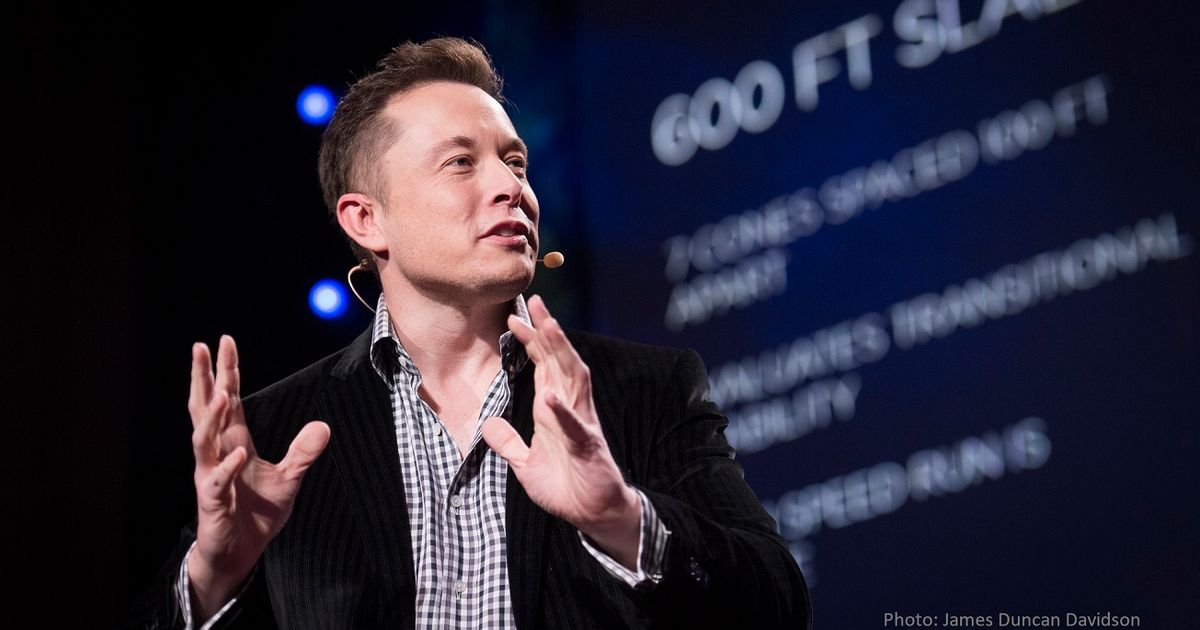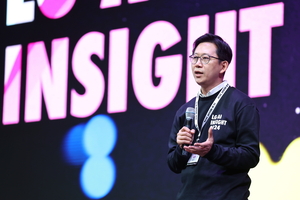Musk’s Pursuit of OpenAI: Strategic Move or Authentic Worry?

Elon Musk’s Ventures into OpenAI: A Shift in AI Dynamics
The artificial intelligence (AI) landscape is currently buzzing with curiosity over Elon Musk’s latest actions. His interest in acquiring OpenAI Inc. goes beyond corporate strategy; it raises essential questions about the direction and purpose of AI development.
Concerns Over Profit vs. Purpose
Musk has expressed worry that OpenAI may have diverged from its original nonprofit mission and is now prioritizing profits over broader societal benefits. He has been vocal about the risks associated with AI, highlighting potential dangers of the technology if it is not managed responsibly. His substantial offer of $97.4 billion for OpenAI invites scrutiny over his motivations. Is he genuinely concerned about the future of AI, or is he attempting to regain influence in a space he once had a hand in?
OpenAI’s Dilemma
OpenAI is at a crossroads, needing to decide whether to persist with its nonprofit vision or to consider Musk’s proposal. In a surprising twist, Musk has stated he would withdraw his $97.4 billion offer, provided OpenAI adheres to its nonprofit model. His legal representatives argue that OpenAI’s transition to a profit-driven business contradicts its foundational goals and could lead to complex legal and regulatory challenges.
However, OpenAI argues that substantial funding is crucial for advancing AI technology. They believe that to remain competitive in a rapidly evolving field, maintaining their current corporate structure is essential.
Competition and Co-founder’s Role
Musk appears to be preparing for a return to a commanding role within the AI community, especially as his venture, xAI, enters the market as a competitor to OpenAI. Observers wonder if his concerns are rooted in ethical considerations or if he is trying to eliminate competition by undermining a formidable opponent.
OpenAI’s resistance to Musk’s bid is viewed not just as defiance but as a declaration of independence. The organization must reflect on whether it is genuinely the leader in AI advancements or if it is compromising its core values in pursuit of funding and market share.
Broader Implications of Musk’s Actions
Moreover, Musk’s legal actions inadvertently open up discussions about the broader governance of AI technologies. While the commercialization of AI may seem inevitable for progress, maintaining a nonprofit approach could safeguard ethical considerations in AI development.
Should OpenAI remain true to its founding principles, it could set a significant precedent by leading the industry to prioritize accountability over profit. This scenario could influence the organizational models adopted by future AI companies.
The Irony of Musk’s Stance
It is somewhat ironic that Musk, who established xAI with the intent of accelerating AI development, is now urging OpenAI to decelerate and prioritize its nonprofit identity. The ongoing debate surrounding Musk’s true intentions—whether he is acting as a visionary advocating for the integrity of AI or merely as a leader trying to reclaim his influence—raises important questions.
The Ongoing Discussion
This issue transcends OpenAI; the stakes extend into the future of AI itself. It encompasses the power struggles that could dictate its development trajectory and highlights the fragile balance between control and progress in the AI domain. As events continue to unfold, we may gain clarity on whether Musk’s role in AI serves as that of a disruptor or a staunch protector of its future.





